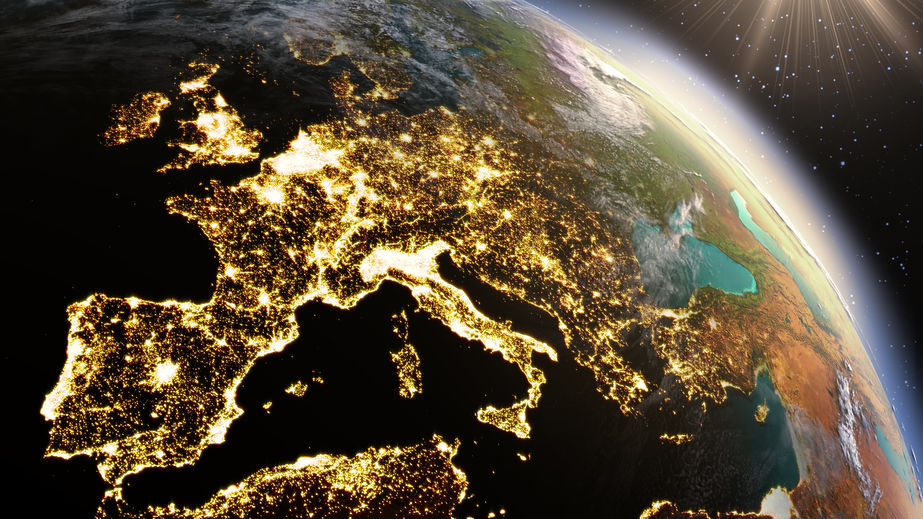
BY MATTHEW KANDRACH:
Regardless of whether the coming winter proves to be mild or severe, Americans are going to be paying a lot more just to stay warm. In the midst of a global energy crisis, energy-driven inflation is here and most Americans are deeply concerned. Unfortunately, energy policy now under consideration could make the situation far worse, rather than better.
From gasoline to heating oil and natural gas, energy prices have jumped over the past year and they are likely to remain high for the foreseeable future. The U.S. Energy Information Administration is projecting that heating costs for homes using natural gas will average nearly $750 this winter, up from under $575 last year. For those who use heating oil or propane to provide warmth will fare even worse. The projected price increases for those two sources are 43% and 54%, respectively.
While Americans are feeling the pinch of higher energy prices, the situation is far worse in Europe. In the United Kingdom, energy providers are going bust at an alarming rate as they deal with soaring energy costs, pricing caps, and the government’s “renewable fees” to force wind and solar power onto the grid. The crisis is poised to leave many Britons experiencing a serious cost crunch just to keep warm. In Germany, inflation is at its highest levels since the 1990s, with soaring energy costs correctly identified as the culprit. Astronomical natural gas prices and a lack of secure supply have left governments and utilities across the continent begging for more Russian natural gas. Relying on the goodwill of Vladimir Putin to keep the heat and lights on is hardly successful policy.
Worse still, Europe’s energy crisis appears to be largely self-made. The European rush to renewable power and determination to shutter fossil fuel capacity and investment in new production has come home to roost. By starving investment in new natural gas production and closing much of its coal fleet, European consumers have been left with few options and soaring energy prices before the idealized grid and energy systems of the future exist. In other words, energy reality has caught up with pie-in-the-sky aspiration.
Europe is as clear a case study on the perils of an ill-conceived energy transition as one could hope for but don’t put it past American policymakers to learn all of the wrong lessons. Instead of recognizing that an accelerated transition poses a grave threat to energy security and affordability, too many leading Democrats see Europe’s struggles as a signal to only double down on a renewable-only future.
While Americans will be paying more for energy this winter, they’re largely shielded from the astronomical prices seen across the Atlantic because of robust domestic energy production and a diversified electricity mix. For example, coal generation in the U.S. is expected to jump 22% this year as coal regains market share from higher-priced natural gas, easing the pressure on ratepayers. Because coal has been largely pushed aside in Europe, consumers don’t have that optionality to protect them from soaring prices.
What we should learn from the ongoing energy shock is that the right approach to our energy future can’t be one where we dismantle essential energy infrastructure and supply before we have reliable and affordable alternatives. Fossil fuels – not renewable power – remain the backbone of our energy system and must treated as much. Limiting supply of the fuels and generating capacity that drive our economy while demand remains as robust as ever is a completely avoidable recipe for disaster.
A more practical approach would be to encourage the development and use of renewables while not penalizing or restricting the use of current affordable sources. The industrialized world cannot afford a government imposed “cold turkey” approach to reducing fossil fuel use. Responsible policy must remain grounded in reality, not the fantasies of a grid and energy mix that doesn’t yet exist.
This article originally appeared at Real Clear Energy
* This article was originally published here
HELP STOP THE SPREAD OF FAKE NEWS!
SHARE our articles and like our Facebook page and follow us on Twitter!




0 Comments